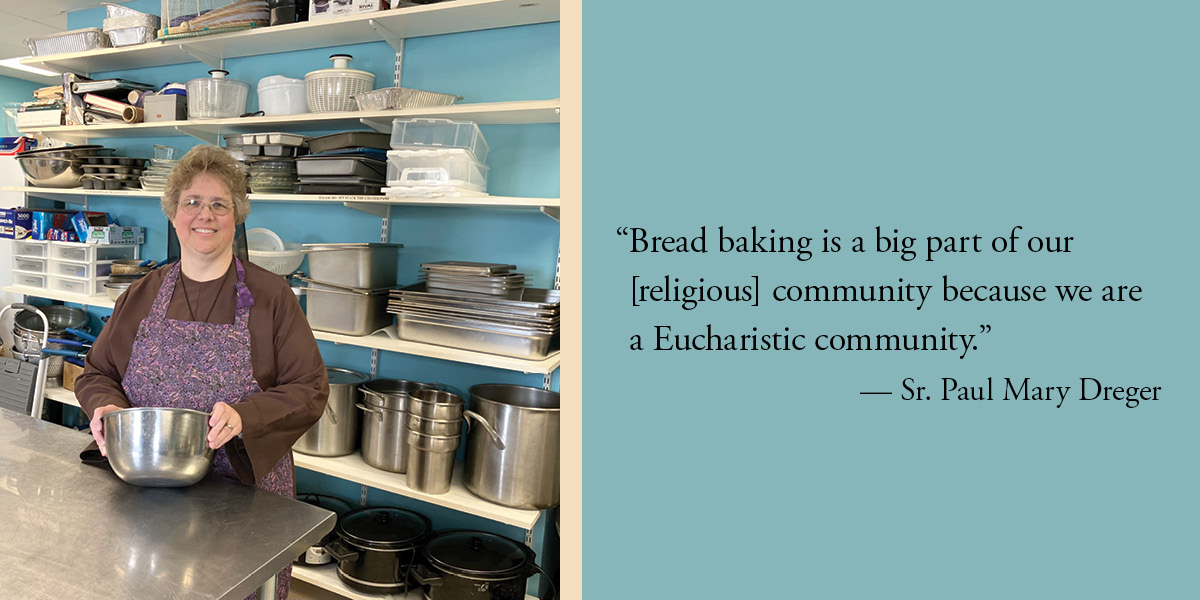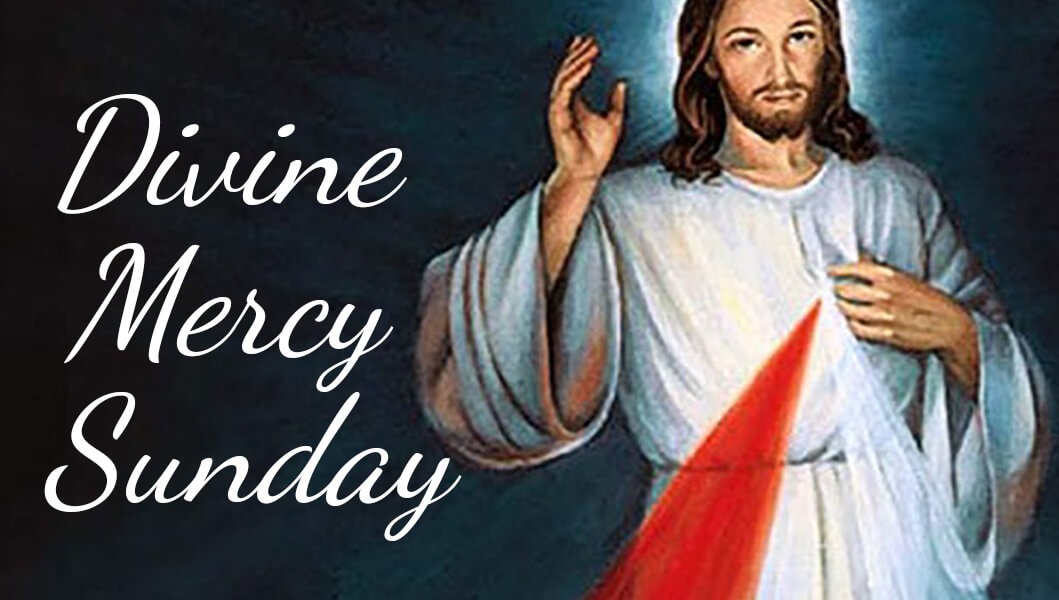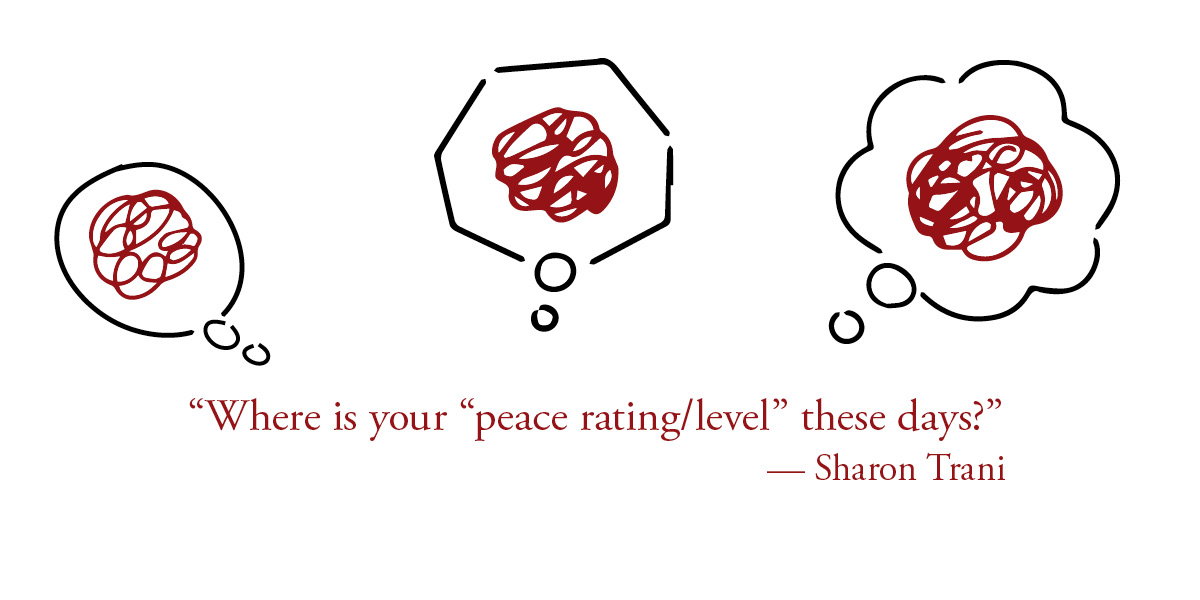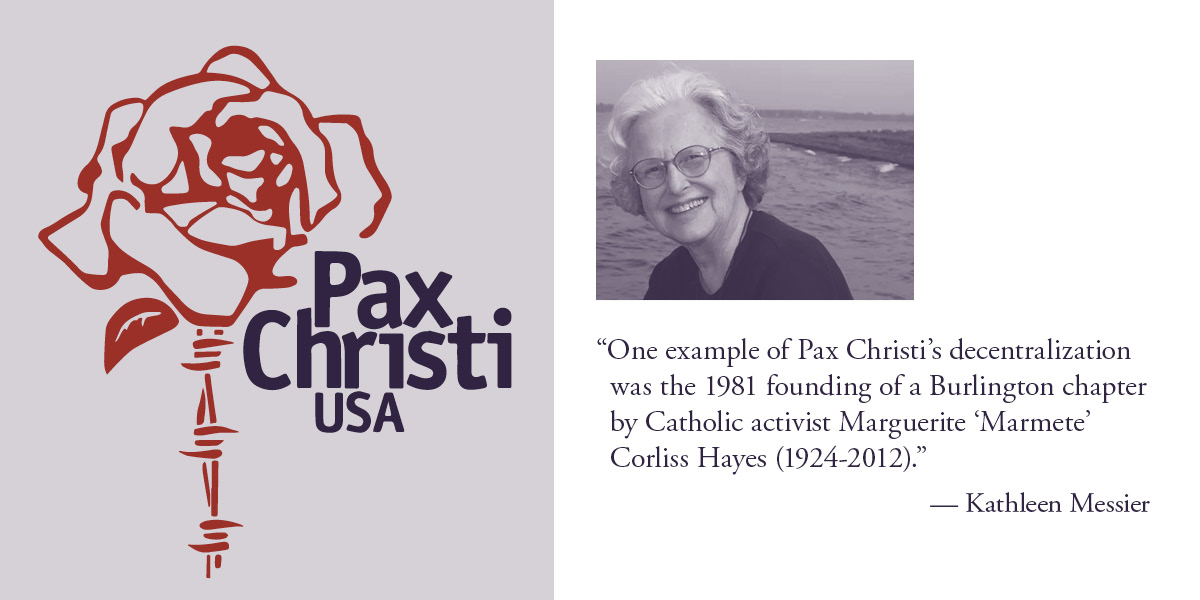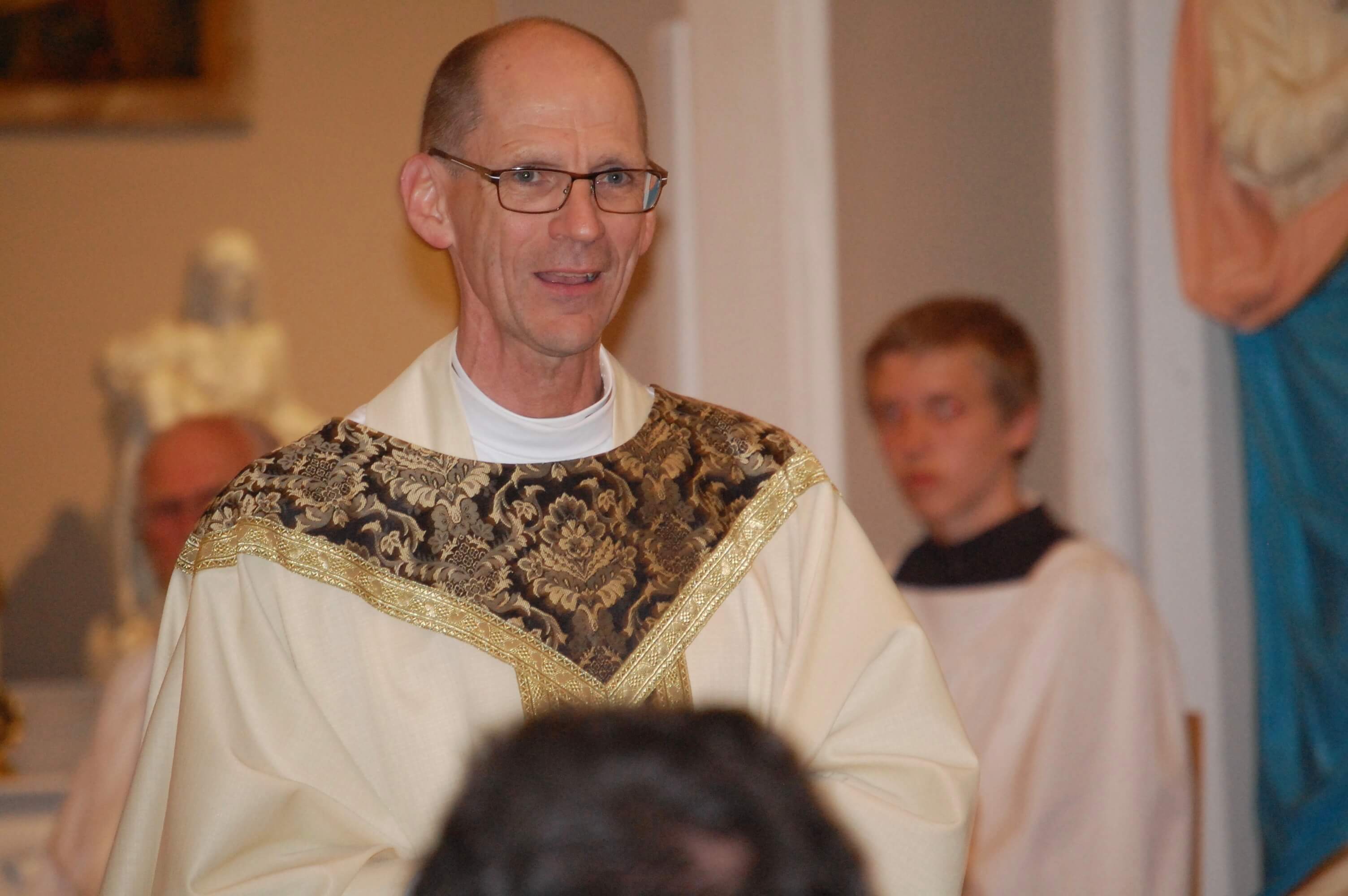
He is risen, alleluia! He is truly risen, alleluia!
My dear family in Christ,
As we celebrate the second Sunday of Easter, also known as Divine Mercy Sunday, we are also preparing ourselves to experience the total eclipse of the sun on Monday, April 8. For about 5 minutes in the afternoon, the moon will pass in front of the sun and bring darkness to the beauty of a spring day. As I was thinking about all the hoopla surrounding the eclipse and the impact this will have upon Vermont, I realized it provided the perfect introduction to my musing this week.
Think about it. The sun will be covered and darkened, our world will be cast into a premature night, and we will have to wait patiently for the return of the light. This provides a nice image of our faith lives.
The sun represents the love and grace that God is constantly pouring forth into our lives. Just as the sun’s light brings light and life to our world, so does God’s love and grace keep our souls alive. Without the sun, our world would grow dark, cold, and lifeless. Without God’s grace, our faith lives would grow cold, dark, and lifeless. If we think about the eclipse as the presence of sin in our lives, we can consider the impact sin can have upon our lives of faith.
A partial eclipse can be likened to venial sin in our lives. We are not completely cut off from God’s love, but our actions, attitudes, and behaviors cause us to live in a world that is not as clear as it is intended to be. While not shut off from God’s love, these sins impact us and can lead us further and further into darkness.
A total eclipse is an apt image for the impact of mortal sin in our lives. While God’s love is still trying to fill our lives, our sin completely blocks the grace. We need to remove the “moon,” if you will, to enjoy the “sun” once again. Fortunately for us, the darkness of this eclipse will only last a few minutes, and even more fortunately, there is no sin that Jesus can’t forgive if we but ask for mercy.
So, on this Divine Mercy Sunday, we bring to the Lord all our sins, large and small, and ask that He wipe them away. While the eclipse is an event to be experienced and enjoyed, sin needs to be cast out of our lives so that we do not live in the valley of the shadow of death but live in the light of the Lord’s resurrection, the light which casts out all darkness and death itself.
In Christ our Light,
Monsignor John J. McDermott
Diocesan Administrator


